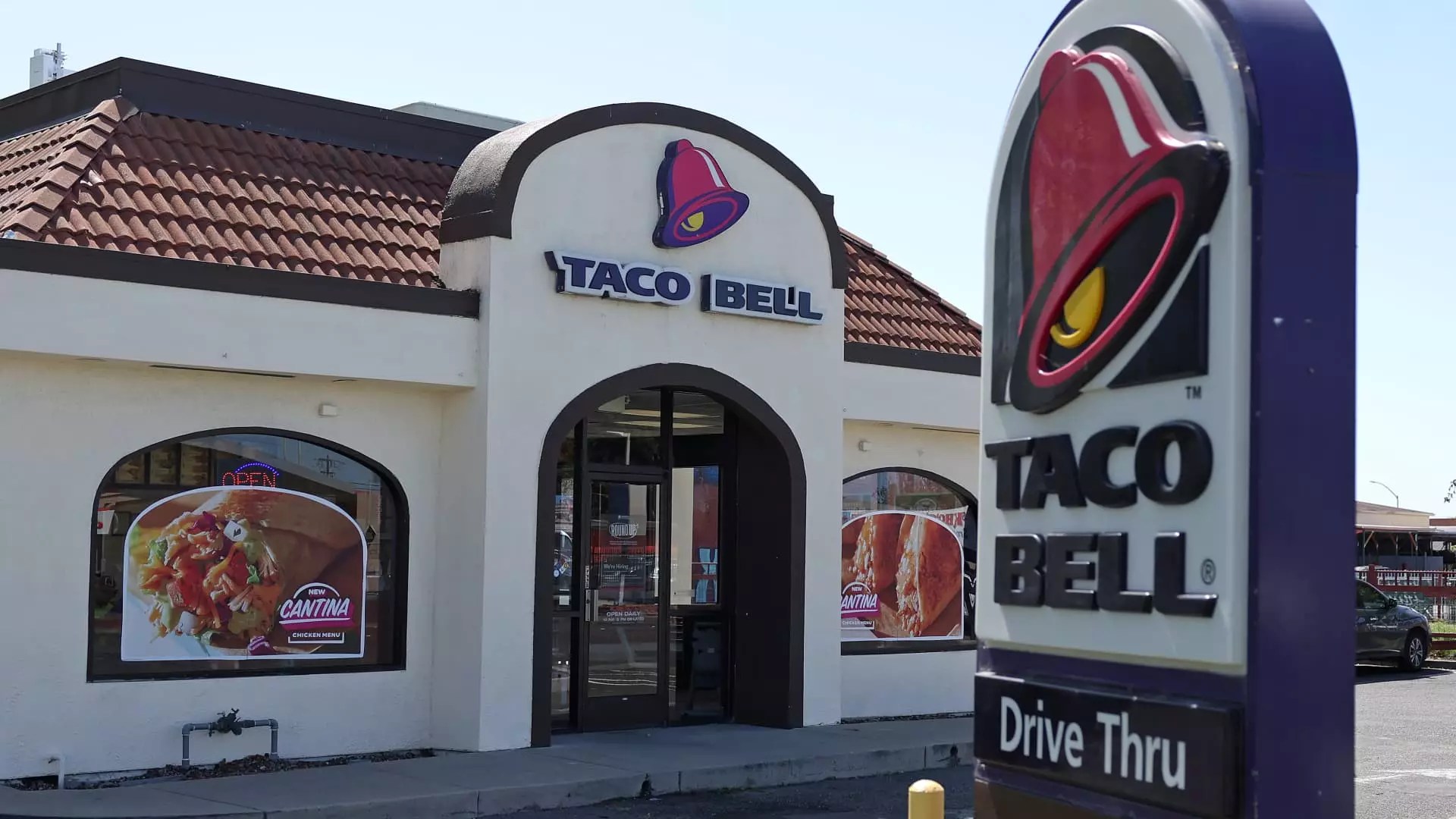The recent E. coli outbreak linked to certain McDonald’s products has sparked significant concern within the fast-food industry. In light of the potential health risks, major players like Yum Brands, which owns Taco Bell, Pizza Hut, and KFC, have taken proactive measures to protect their consumers. This article delves into the details surrounding this predicament, examining the responses from various chains and the implications for public health and food safety.
As reported, the outbreak has resulted in at least one death and nearly 50 confirmed cases across various states, including Colorado, Nebraska, and Wyoming. The Centers for Disease Control and Prevention (CDC) is currently investigating the outbreak, aiming to trace the source of contamination and understand how widespread the problem is. Initial assessments have pointed towards two key ingredients in McDonald’s Quarter Pounders: fresh beef patties and slivered onions. The investigation revealed that the affected onions were supplied by Taylor Farms, a supplier connected to the food network of several restaurant chains.
In an effort to safeguard public health, Yum Brands decided to pull fresh onions from select locations of Taco Bell, Pizza Hut, and KFC. The company’s spokesperson emphasized their commitment to monitoring the E. coli situation closely, highlighting a decision driven by “an abundance of caution.” While they did not disclose the exact number of affected restaurants, the initiative reflects a significant dedication to consumer safety amidst a mounting health crisis.
Contrastingly, Burger King has acted to remove onions from approximately 5% of its U.S. locations. This measure arose after the company evaluated its supply chain and identified that the onions in question were sourced from the same Colorado facility linked to Taylor Farms. Much like Yum Brands, Burger King also reiterated that there had been no direct contact from health authorities nor indications of illness within their establishments. Nevertheless, the chain opted for a precautionary approach, signaling a proactive stance that many consumers may find reassuring.
The overarching reaction from these fast-food giants raises questions about the efficacy of existing food safety protocols and how companies can better safeguard their supply chains against potential hazards. The fallout from the E. coli outbreak is a stark reminder of the vulnerabilities within the food production system. As health authorities conduct their investigations, restaurant chains must remain vigilant, as their reputations and, ultimately, their profitability depend heavily on public trust.
Consumer awareness of food safety issues has grown significantly in recent years, primarily due to incidents like this. As fast-food chains grapple with the potential fallout, they must navigate not just the logistical aspects of sourcing ingredients but also the consumer perception that may shift as a result of such outbreaks. Transparency will be essential in retaining customer loyalty, with brands needing to communicate effectively about their practices in sourcing and preparation.
While immediate measures taken by fast-food chains are commendable, they also highlight a broader issue: the need for stricter regulations concerning food safety within the industry. As evidenced by the outbreak linked to McDonald’s, the intricate web of suppliers makes it challenging to pinpoint the precise source of contamination. Enhanced regulatory frameworks might foster better oversight and accountability, ultimately helping to prevent such occurrences in the future.
As the investigation into the E. coli outbreak continues, the responses from major fast-food chains reveal a community seeking to mitigate risk while maintaining consumer trust. The proactive measures taken by Yum Brands and Burger King serve as vital steps in the right direction, yet they also underscore an urgent need for higher food safety standards to protect public health. As consumers remain vigilant and informed, the hope is that this incident will lead to meaningful dialogues surrounding food safety regulations and enhanced practices across the industry. The future of fast food may very well depend on how effectively these companies adapt to changing demands for safety and transparency.


Leave a Reply